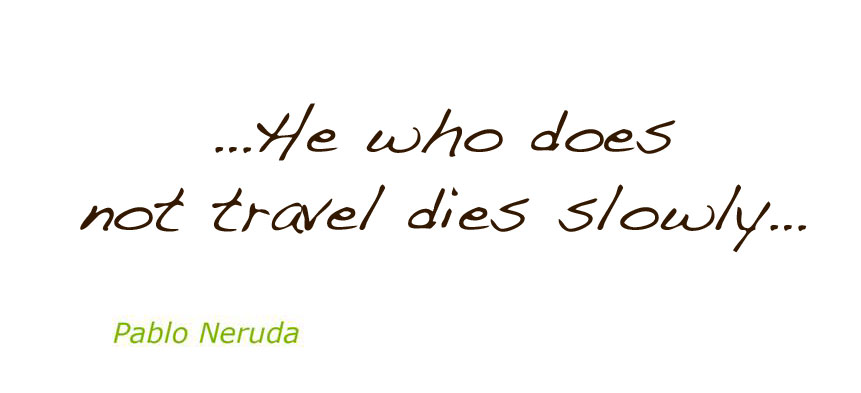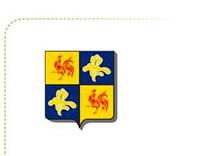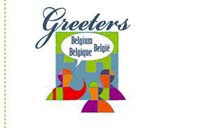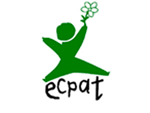 |
||||
 |
||||
|
Newsletter April 2011 Overview
Prepare your vacations with the help of Tourisme autrement! 
Open your diary if you haven’t done it yet! The Sustainable tourism Fair takes place on 14, 15 and 16 October 2011 at Brussels (Tour&Taxis). This year we are going to focus on the eco-tourism while its interest is increasing. Contact exhibitors: fabienne@tourisme-autrement.be
The modern human zoos : the Birman Karenni Tribe Did you ever heard about the human zoos? They flourished in Europe in the second half of the 19th century and in the first half of the 20th century. The concept: Exhibit “exotic” tribes (Samoa, Sami people, Nubians…) to visitors that eager for sensation. And this worked! In 1877 a record number of one million paying visitors was achieved in Paris. Does this interest you? Visit our website www.deshumanisation.com which tells you more about the conditions of life of these people who were considered freaks for many times. It’s about the Birman “Karenni” tribe (also known as Padung), where women wear a lot of necklaces of gilded brass to stretch out their neck. They are also known as “giraffe women”. This garment might shock you but most of the Westerners’ are very intrigued … bringing a kind of voyeurism. The Karennis, passionate opponents of the Birman Junta since 50 years, were forced to flee massively to Thailand where they were stuffed in refugee camps (the main camp has more than 30 000 people since the eighties). Due to this context, the small village Noi Soi, or “human zoo” were created. Tourists can admire here the most spectacular representatives of the Karenni tribe (like they are watching animals). What to think about this? It might just be the culture of this tribe but is that a reason to exhibit the tribe members to tourists? 3. Sustainable tourism is alive The new Petit Futé Wallonia: a goldmine to discover the Walloon activities This book is a real goldmine to discover the Walloon activities. This new edition consists of 3 parts: “the discovery” (presentation of Wallonia), “from place to place” (all activities) and “Practical section” (practical information). Focus on Albania: a trendy destination for 2011 Albania is one of the trendy travel destinations for 2011. It is situated at the shores of the Adriatic coast and the Ionic Sea. Albania hides also a lot of curiosities in the area of history, archeology, culture, nature, gastronomy… A land to discover before it is taken by mass tourism. More information at http://www.albaniantourism.com/ (English) or http://www.petitfute.com/voyage/385-albanie Tourism, but for which price? A programmed disaster in the natural area of “Shennongjia” Chinese authorities are going to build an airport in the natural area of “Shennongjia” to encourage tourism. Nowadays, this natural area is only accessible via a 9 hour road trip, starting at Whuan, the capital of the province Hubei. If this airport is build here because of the huge time-saving, it will affect all of us: this policy shows a total disrespect for the environment. What will eventually happen for this natural area? Will the different endemic animal and plant species, be strong enough to survive the intruders (the tourists), often not aware of their negative impact? Wouldn’t it be time to focus our attention to the quality improvement of the visited placed instead of the quantity? More info at http://www.chine-informations.com/actualtie/une-reserve-naturelle-va-construire-un-aeroport-pour-developper-le_28341.html 4. Express interview Sébastien Hamende, secretary-general of Travel Union, strives for sustainable tourism. Travel Union, representative of travel agents, strives for sustainable tourism. A long stride forward in the world of travel agencies: Travel Union supports the sustainable and responsible tourism in cooperation with Tourisme autrement. We’ve met the secretary-general Sébastien Hamende.
“We took ??this decision for two main reasons. First of all: there is a higher consciousness factor by the consumers nowadays. Travel agents, however, are also consumers regarding sustainability (food, ecological products, CO2 emissions…). On the other hand, we have to be realistic. The internet is taking a very important place regarding travel bookings, so we have to give added value to travel agencies. That is what Travel Union wants to do by integrating the ideas about sustainability and responsibility into the travel agencies."
“Uniting travel agencies and the principle of responsibility is a major challenge. The customer desires a dream vacation because he often has to work an entire year long to pay for it. The hardest part is to give him a sense of responsibility without blaming him. The travel agencies have to position themselves between two extremes: the tour operator that is selling without thinking of the consequences, the purely commercial travel agents, and those who offer hiking trips with a backpack. We think that the mass tourist can be responsible but we have to convince him.”
“We are going to act two different ways”. The first is the face-to-face communication with the client. Therefore we have approached Tourisme autrement, ECPAT and CO2logic, which provided us with information regarding the social and ecological aspects. The second way is to change the habits of the travel agencies (a better resources management, carbon neutrality…) but at the same time they need to carry on their business. To reach these goals we are going to organize different things: trainings for travel agents, a website and helping customers.” The project will be completed and distributed during the “Sustainable, Ethical and Fair Tourism” exhibition organized by Tourisme autrement."
|
||||







